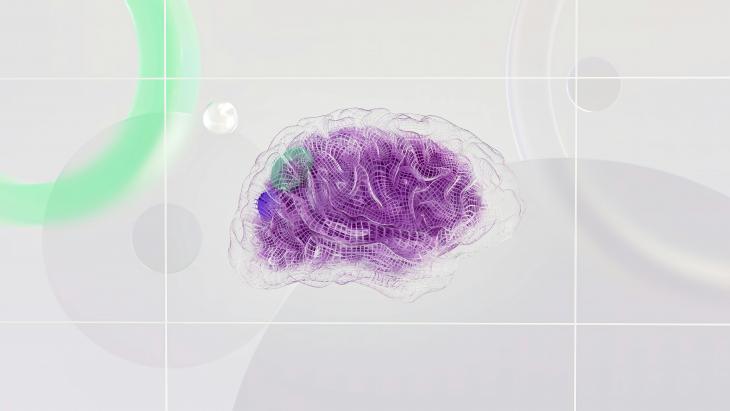
Despite the incredible rise of artificial intelligence, new scientific research confirms what many have long believed—the human brain is still more powerful, more efficient, and more adaptable than AI.
A recent wave of studies from leading universities, including Oxford and institutions involved in the Human Brain Project, reveal that the human mind continues to outperform AI systems in areas like energy efficiency, learning speed, and cognitive flexibility. While artificial intelligence excels in data processing and automation, it lacks the intuitive and adaptive capabilities of the human brain.
The Energy Efficiency of the Human Brain
One of the most striking revelations is the extreme energy efficiency of the human brain. Operating on around 20 watts of power—roughly the equivalent of a lightbulb—it is able to handle complex thought processes, creative problem-solving, and emotional intelligence. In contrast, powerful AI systems and data centers often require thousands of watts to complete even specialized tasks.
“Our brains are nature’s ultimate computing machine,” said one neuroscientist. “Even the most advanced AI still can’t match the human brain’s low-energy, high-performance capabilities.”
Learning with Limited Data
Unlike AI, which typically requires vast datasets and extended training time, the human brain can often learn from a single experience. For example, a person might recognize a new object, language, or pattern after just one encounter. This phenomenon, known as one-shot learning, is a hallmark of biological intelligence that current AI systems still struggle to replicate.
Adaptability and Flexibility
Another area where humans surpass AI is adaptive learning. While AI systems tend to be rigid and task-specific, the human brain constantly rewires and adapts to new environments, information, and emotions. From early childhood through old age, people naturally evolve their thinking—something even the most dynamic AI platforms cannot currently achieve.
What This Means for the Future of AI
As researchers strive to build more human-like artificial intelligence, they are increasingly turning to the structure and function of the human brain for inspiration. Innovations in neuromorphic computing, which mimic brain processes, could bring future breakthroughs in AI development.
However, scientists emphasize that AI is a tool, not a replacement for human intelligence. The goal isn’t to outdo the brain, but to collaborate with it—enhancing technology by learning from nature’s most efficient system.




